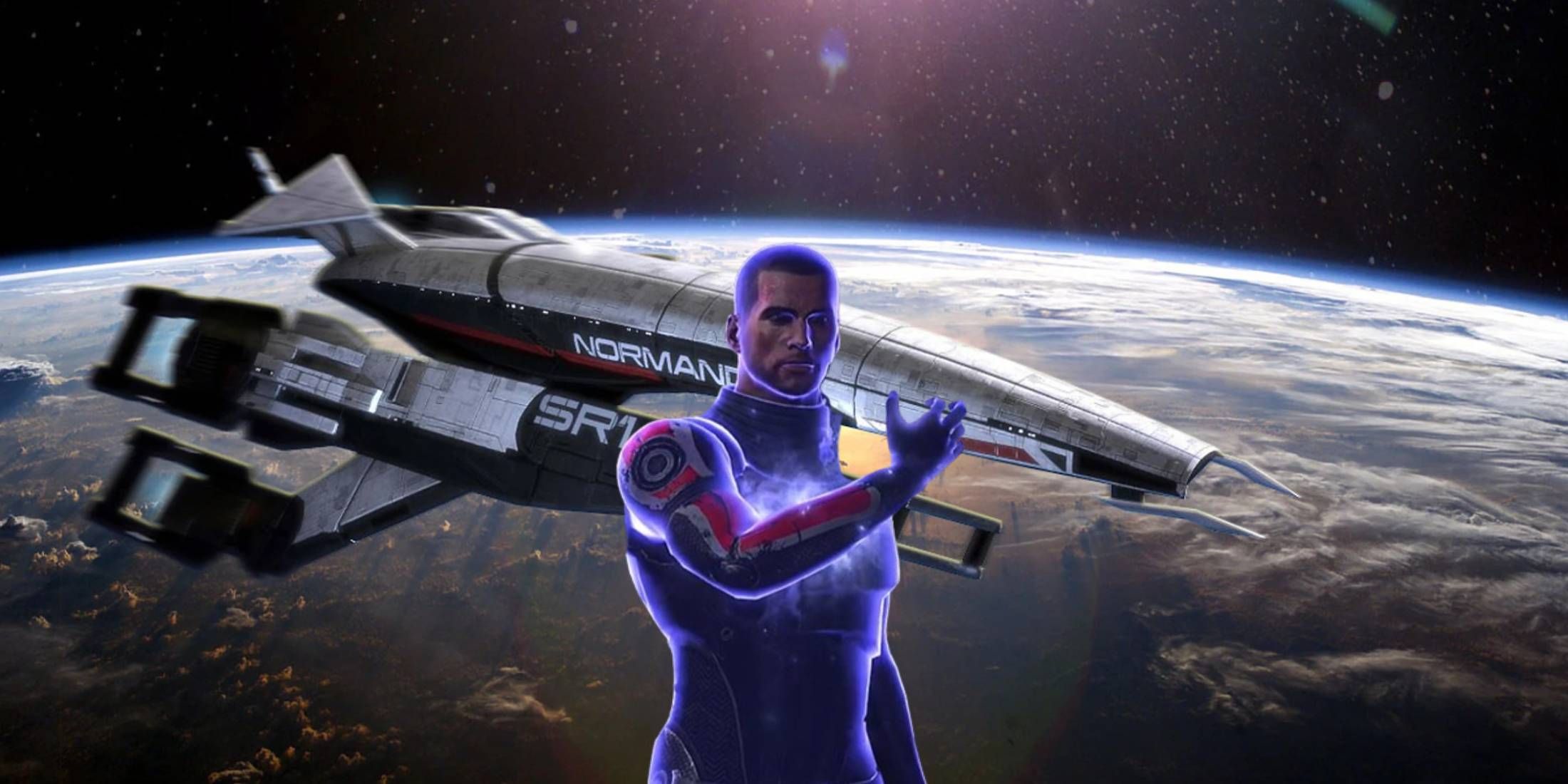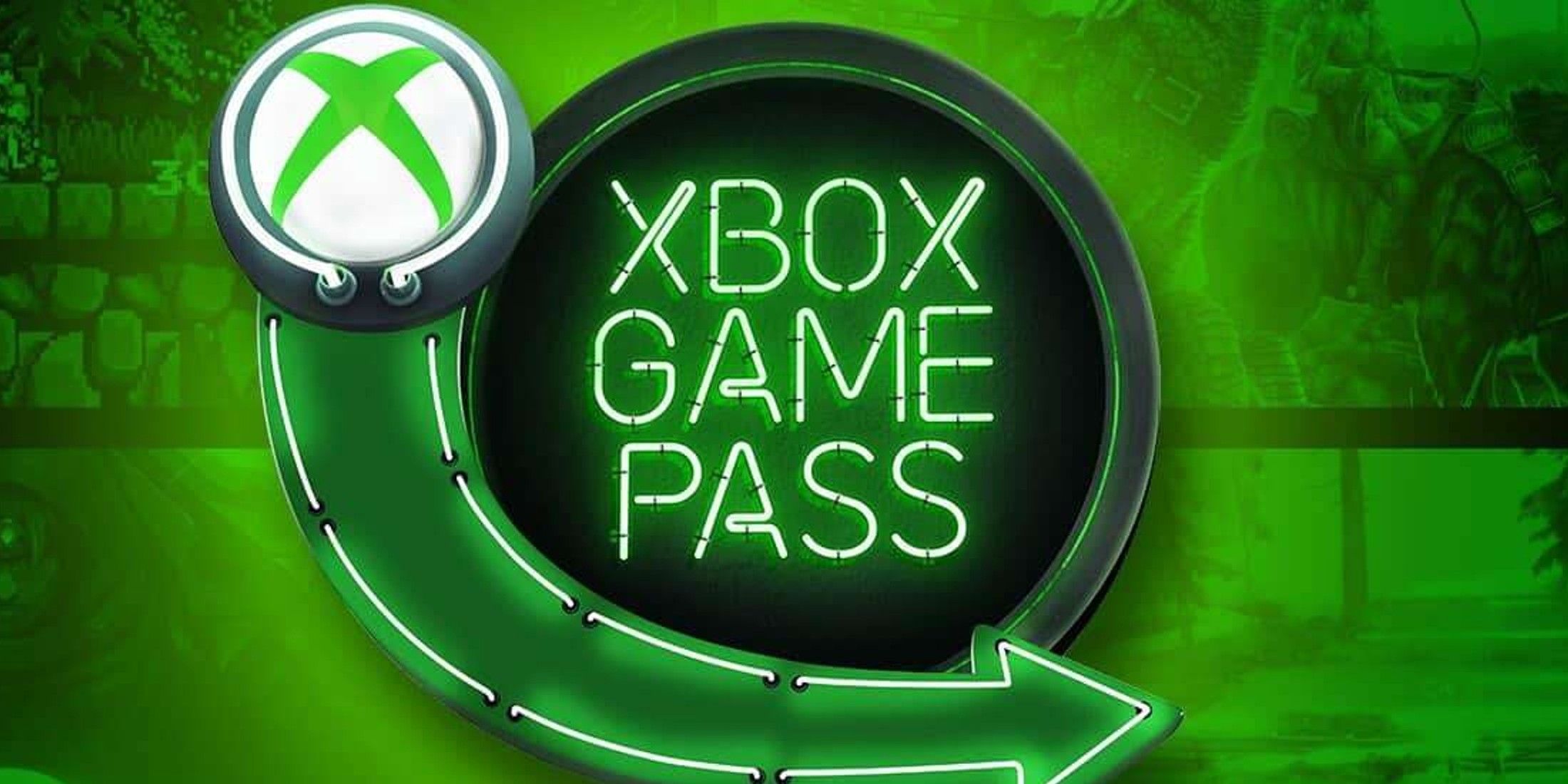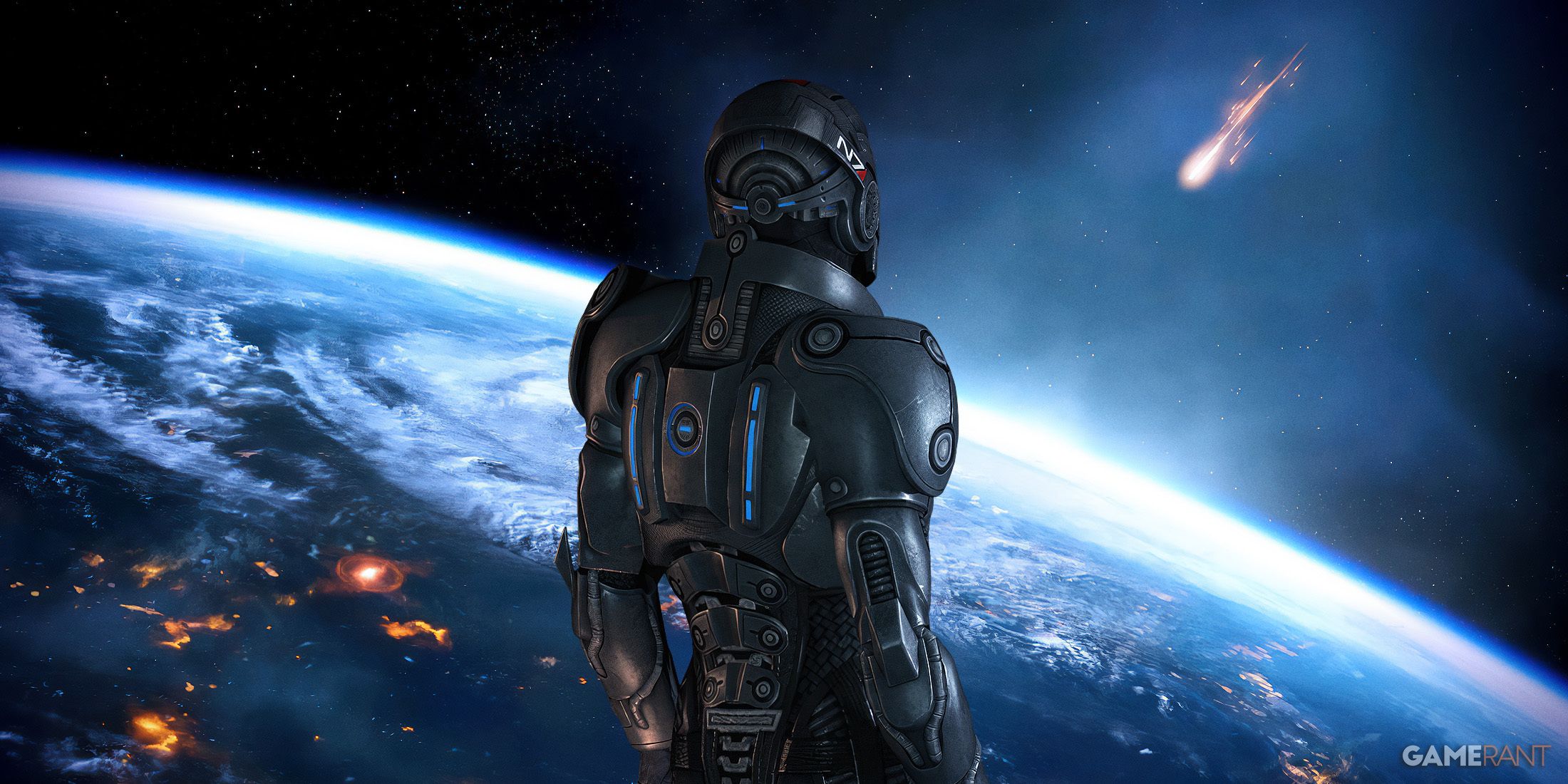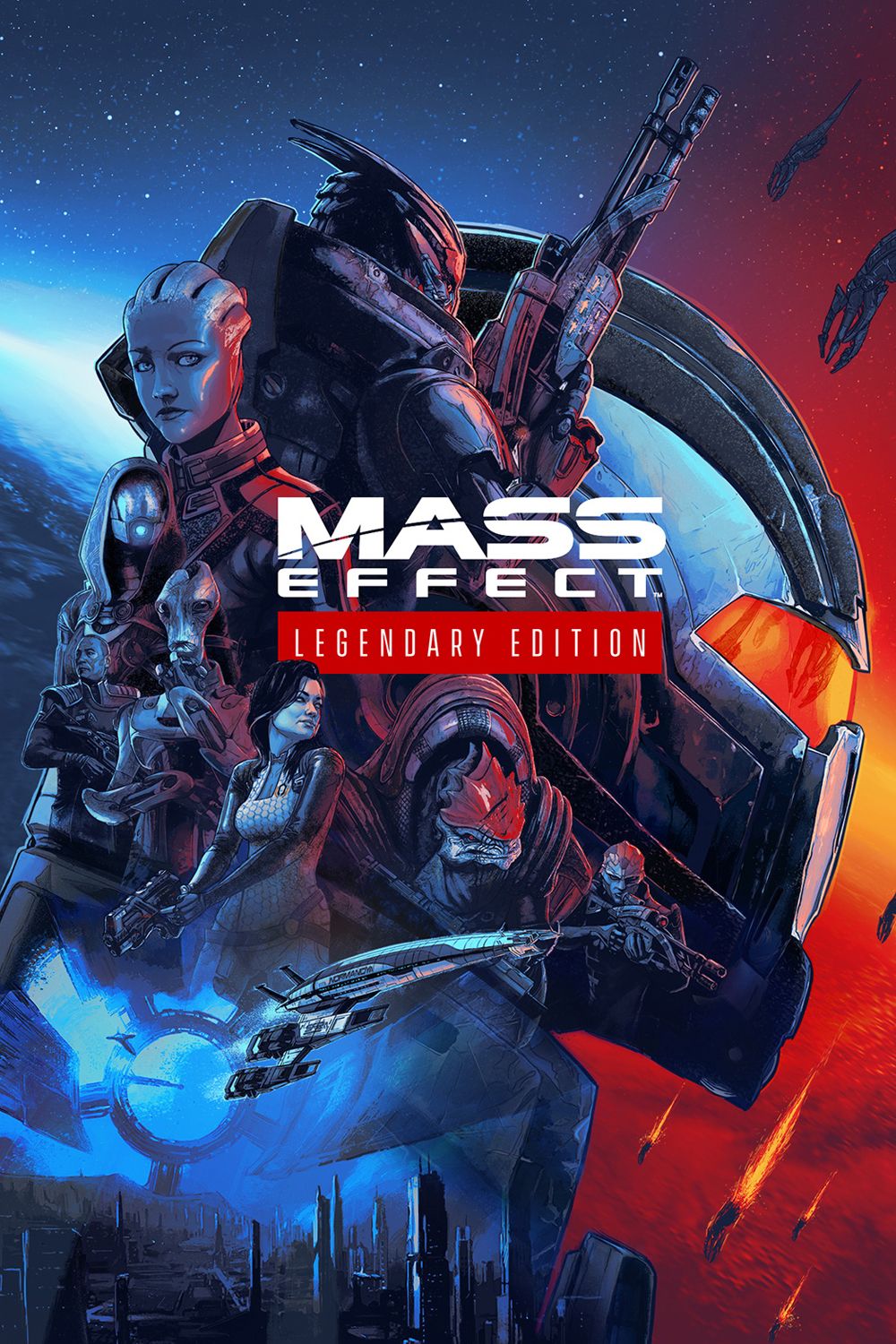Highlights
- Bringing back Commander Shepard in Mass Effect 4 could reconnect fans with the beloved hero of the original trilogy, despite some challenges.
- Shepard's legacy in the game could be explored through a new protagonist, reflecting on their influence and adding depth to the storyline.
- Mass Effect 4 may benefit from focusing on Shepard's mythical status to avoid the pitfalls of extending the character's story further.
Of the many topics of discussion swirling about Mass Effect 4, few are as hotly debated as the return of Commander Shepard. The iconic hero of the original trilogy would be tough to bring back considering the conclusion of Mass Effect 3, but Mass Effect 4's title and ostensible Milky Way setting seem to suggest it as a possibility.
Jennifer Hale, the voice actress for Shepard in the original Mass Effect trilogy , has stated that she hasn't been invited to reprise her role. This could be viewed as evidence that Shepard isn't coming back, but it's far from conclusive—Hale could be brought on later in development, Shepard could be getting a new VA, or she may be trying to keep her inclusion a secret.
There are a few possible motivations behind bringing Shepard back for ME4. Although they are a custom character who is shaped by the player's decisions, Shepard remains one of gaming's most imitable protagonists, boasting bravery, competence, and strong leadership abilities regardless of player influence.
These are traits that many feel are not shared by Ryder, the protagonist of Andromeda, who is much less mature and capable by comparison. With BioWare struggling to supersede Shepard as a protagonist, and with Andromeda's lackluster reception, there may be a desire to put Shepard back in the driver's seat for ME4, making the game a proper, direct sequel to the original trilogy, which so many fans still long for.
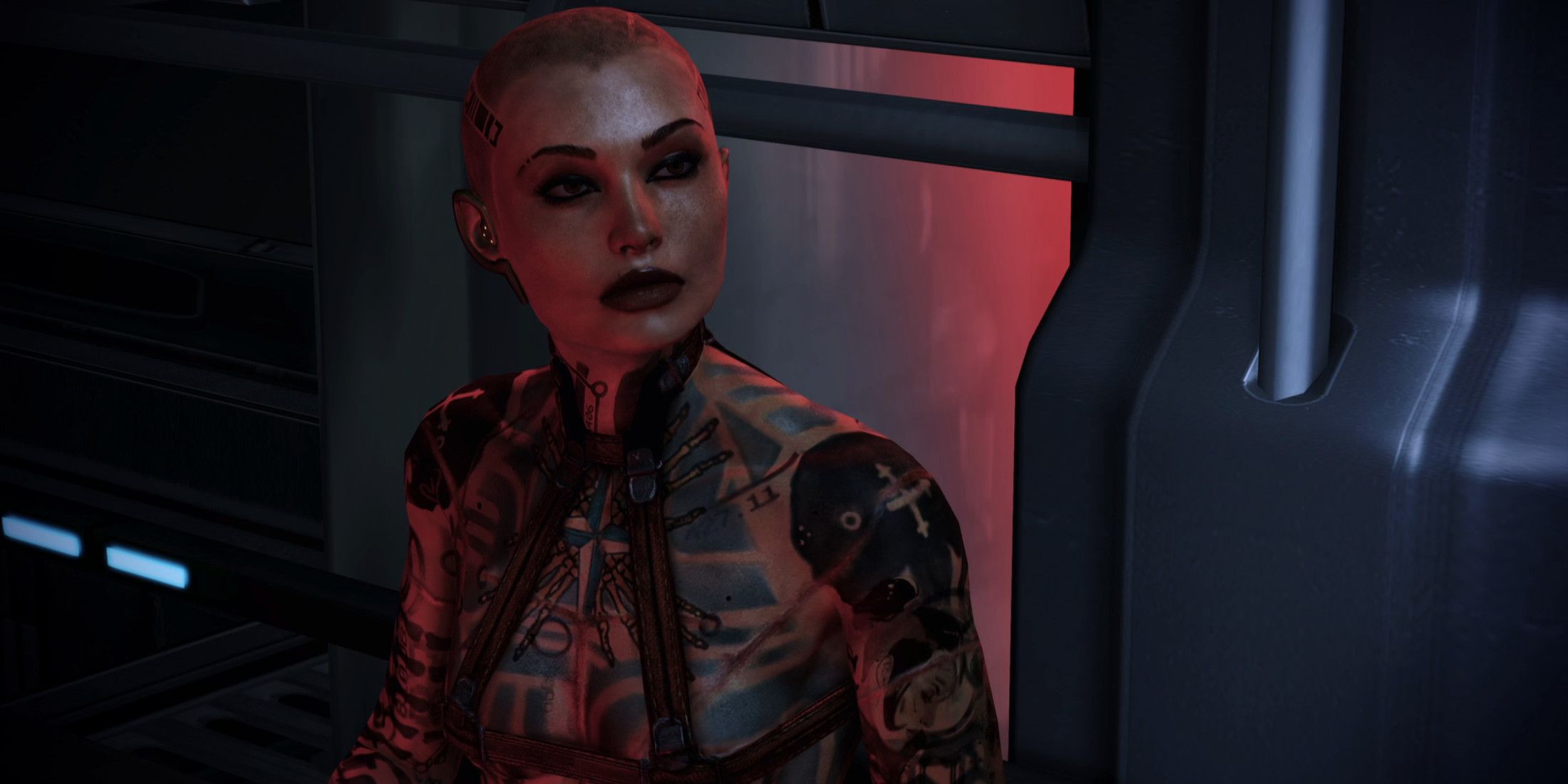
Mass Effect 4 Needs Its Own Subject Zero Jack
It's unclear what Mass Effect 4's team composition will be like, but it should take some notes from Jack, AKA Subject Zero, from the original trilogy.
Mass Effect 4: Shepard's Legacy May Be More Important Than Shepard Themselves
Shepard Becomes Larger Than Life by Mass Effect 3
Shepard is a great protagonist from the start of the Mass Effect series, but the way that they develop throughout the series makes them progressively more interesting and important. By the time Mass Effect 3 rolls around, Shepard is something of a messianic figure, taking the fate of the galaxy upon their shoulders. While their allies are important as well, Shepard is the lynchpin for the anti-Reaper initiative—remove Shepard, and the whole operation falls apart.
Only one of Mass Effect 3's endings results in Shepard's implied survival, and assuming that this ending is made canon (which would come with its own complications), it may be hard to continue developing the character. Plus, with the Reaper threat eliminated in ME3, Shepard has served their purpose. But Mass Effect 4 can lean into the legend status of Shepard, removing the need for further, potentially unnatural character development.
Shepard as an Icon In Mass Effect 4
Throughout the Mass Effect trilogy, especially in ME2 and ME3, players are faced with Shepard's growing popularity or notoriety, but this is all seen from the perspective of Commander Shepard themselves. There could be value in exploring their legacy through the eyes of someone else. In a sense, this would allow for lateral character development, fleshing out Shepard through new perspectives rather than by actually adding to the substance of the character. In this way, Mass Effect 4 could connect to the original trilogy without having to up the ante for Shepard's journey.
ME4's new protagonist and their companions could discuss Shepard as a larger-than-life figure, reflecting on their heroic deeds and sacrifices, sharing rumors, and generally commenting on the character's influence, exploring their mythological reputation in the game's world. This would also be a good solution to the complications posed by Mass Effect's morality system, as ME4 could give opposing, subjective takes on Shepard's personality.
Some could describe them as a paragon of virtue, while others could whisper about their devious, renegade acts. If Shepard is left behind, then Mass Effect 4 can explore their impact on Milky Way culture and history, rather than trying to keep pushing the character's story and risk tarnishing their legacy.

